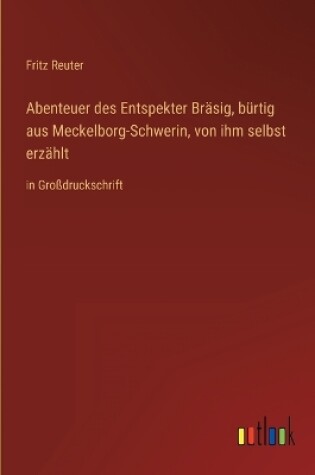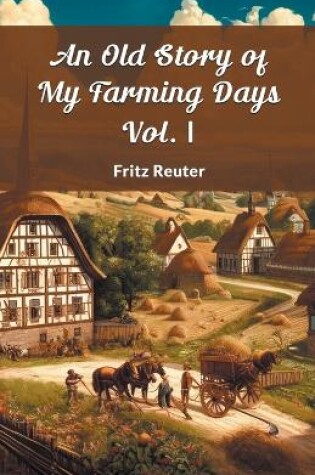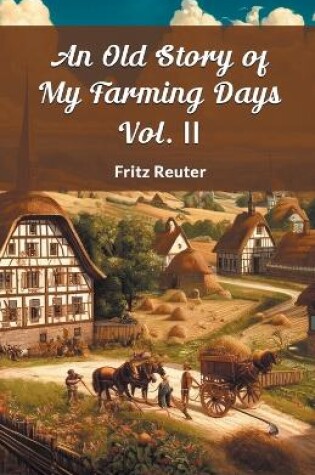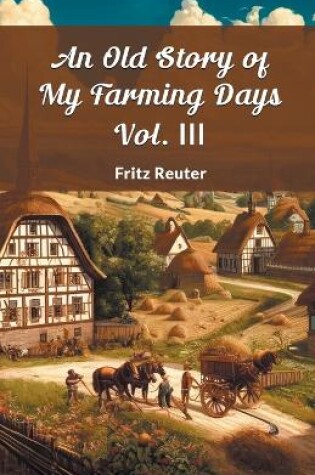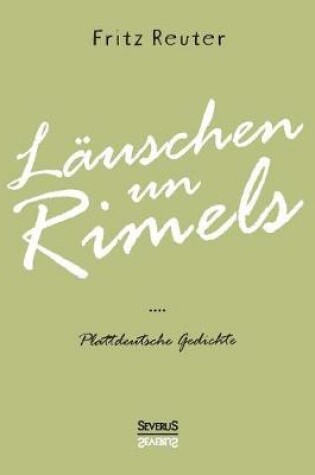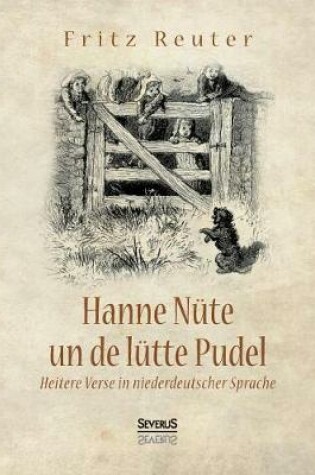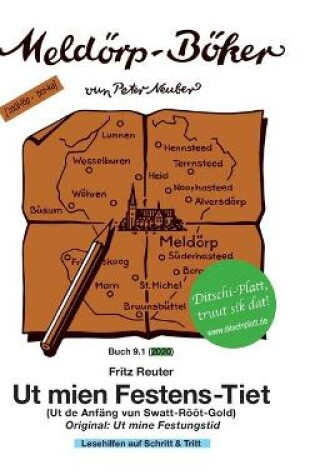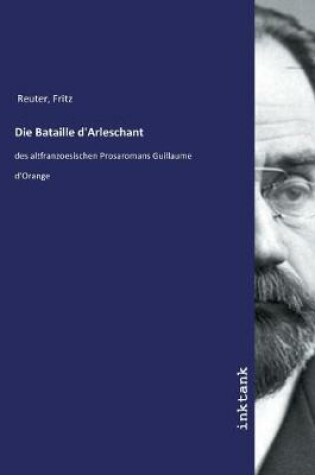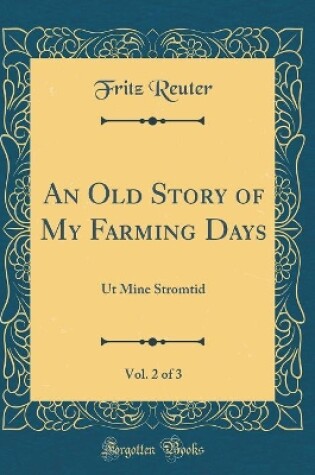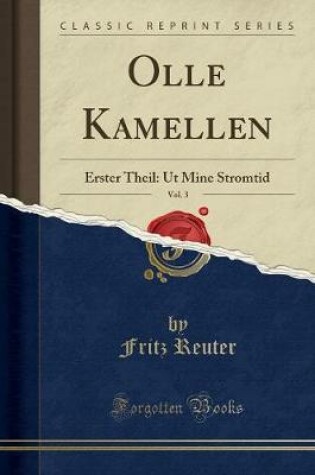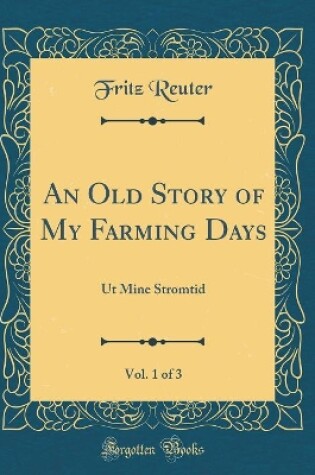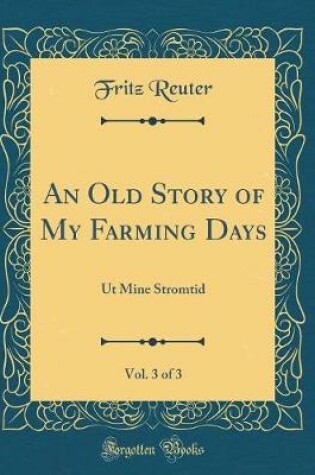Fritz Reuter (1810-1874) was a renowned German novelist and a pivotal figure in 19th-century German literature. He is especially noted for his writings in Low German (Plattdeutsch), which vividly portray the rural life and culture of Northern Germany, particularly Mecklenburg. Early Works: After his release, Reuter began his literary career. Major Works: Reuter's major contributions to literature include a series of novels and stories that depict rural Mecklenburg life with a blend of realism and humor. Notable works include: "Ut de Franzosentid" (During the French Period): A collection of stories set during the Napoleonic Wars. "Ut mine Festungstid" (During My Time in Prison): An autobiographical account of his imprisonment. "Ut mine Stromtid" (During My Apprenticeship): A semi-autobiographical novel regarded as one of his masterpieces. "In the Year '13: A Tale of Mecklenburg Life" A historical novel set during the Napoleonic Wars, exploring their impact on rural Mecklenburg. Reuter's use of Low German in his writing was significant in preserving and popularizing the dialect. It added authenticity to his portrayal of rural life and connected deeply with his audience. His works are characterized by their realistic depiction of rural life, combined with humor and a deep understanding of human nature. Reuter's stories often address social issues, reflecting the struggles and resilience of rural communities. Fritz Reuter is celebrated for his contributions to German literature and for promoting Low German. His works continue to be appreciated for their cultural and historical significance. Reuter is honored through numerous schools, streets, and institutions named after him, particularly in Northern Germany. Fritz Reuter remains a significant literary figure, known for his contributions to preserving Low German culture and for his engaging, realistic depictions of rural German life.
